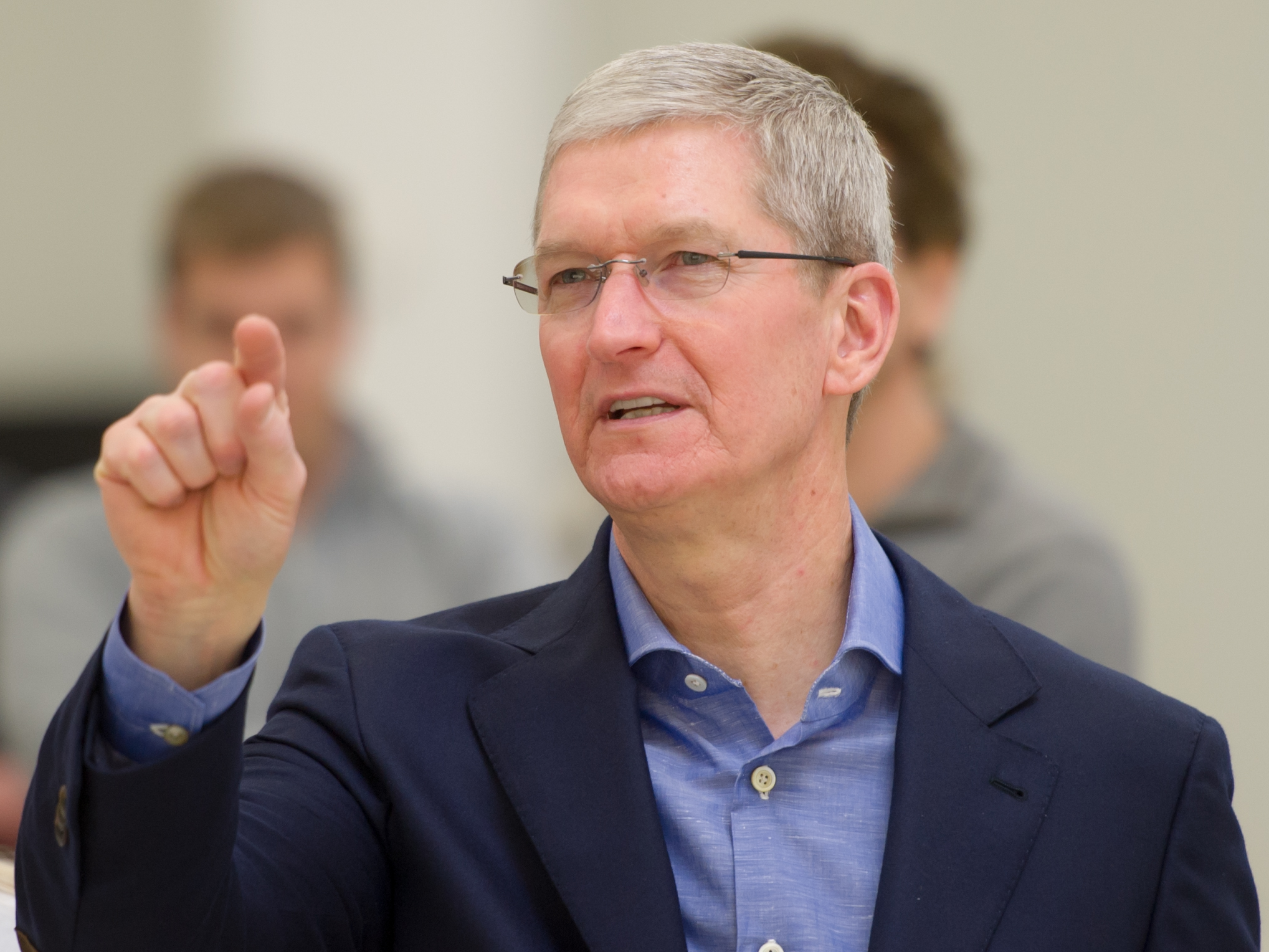- Ahead of a congressional antitrust hearing on July 27, Apple commissioned a study defending its App Store, which has come under fire as anticompetitive.
- The Apple-funded report compared the 30% cut Apple takes from App Store transactions as similar to those charged by Google, Amazon, and others.
- Part of the concerns from developers around Apple’s App Store, however, is that Apple also favors its own apps, and that the 30% cut puts competitors at an inherent disadvantage.
- Spotify, for example, has accused the tech giant of using its App Store to make it more difficult to compete against Apple Music.
- Visit Business Insider’s homepage for more stories.
Apple’s controversial policy of taking up to a 30% cut of purchases made through the App Store is actually similar to the commission rates charged by other digital marketplaces, claims a new study commissioned by Apple from economic consulting and strategy firm Analysis Group.
The report comes just days before Apple CEO Tim Cook, along with CEOs from Alphabet, Amazon, and Facebook, is set to testify before Congress as part of an antitrust hearing.
It’s also a sign of Apple using all the tools it has at its disposal – including, in this case, funding research – to combat criticisms of anticompetitive practices.
The data, published on Wednesday, comes after Apple has come under scrutiny for its App Store policies, particularly its requirement that developers must use Apple’s payment system of which it takes up to a 30% cut.
The Apple-supported study shows that other major tech companies like Google, Amazon, and Samsung also charge 30% commission rates for their respective app stores. For subscriptions, Apple drops that rate to 15% after the first year, much like Google.
"Our study shows that Apple's App Store commission rate is similar in magnitude to the commission rates charged by many other app stores and digital content marketplaces," wrote the authors of the study. "The commission rates charged by digital marketplaces most similar to the App Store, such as other app stores and video game digital marketplaces, are generally around 30%."
Apple's App Store policies have been at the center of antitrust-related concerns regarding the iPhone maker, and commission rate is only one part of the criticism. The concern is that Apple imposes a commission on developers while it continues to offer products that compete with apps in the App Store, like Apple Music for example. And Apple, since it runs the iOS platform and App Store, doesn't have to pay any sort of commission to get Apple Music on millions of iPhones. (Apple doesn't require a fee just to list apps in the App Store, however, it just takes a cut of the commission from purchases).
Another point of contention is that Apple has rules in place to prevent app makers from pointing customers to their own payment systems over Apple's.
The most recent scuffle over these App Store guidelines came in June when Apple initially rejected an update to Basecamp's email app, Hey, because of the payments system guideline. Basecamp's cofounder and CTO, David Heinemeier Hansson, called Apple's actions a "ransom." Apple has since approved Hey's update and announced a new policy that will allow developers to appeal Apple's decisions. The Analysis Group study defended Apple's practices by pointing to other major distribution platforms that require the use of in-app payment systems.
The European Union announced in June that it was launching two investigations into the company: one focused on Apple's App Store and the other targeting its Apple Pay service.
"It appears that Apple obtained a 'gatekeeper' role when it comes to the distribution of apps and content to users of Apple's popular devices," Margrethe Vestager, executive vice president of the European Commission, said in a statement announcing the investigation. "We need to ensure that Apple's rules do not distort competition in markets where Apple is competing with other app developers, for example with its music streaming service Apple Music or with Apple Books."
Spotify also filed a complaint with the European Commission last year over accusations that Apple's position as the operator of the App Store gives it a competitive advantage. The 30% commission makes it more difficult for Spotify to price its premium offering competitively against Apple Music, Spotify CEO Daniel Ek said in a statement when the company filed its complaint.
Apple, for its part, has said that it welcomes competition in the App Store, as it wrote on its principles and practices website.
"We believe competition makes everything better and results in the best apps for our customers," the website reads.
Revenue from App Store transactions has become increasingly important for Apple as it's boosted its services division to offset slowing iPhone sales in recent years. Apple services category was its second-biggest product category in terms of net sales coming just after the iPhone according to its second quarter earnings report.

